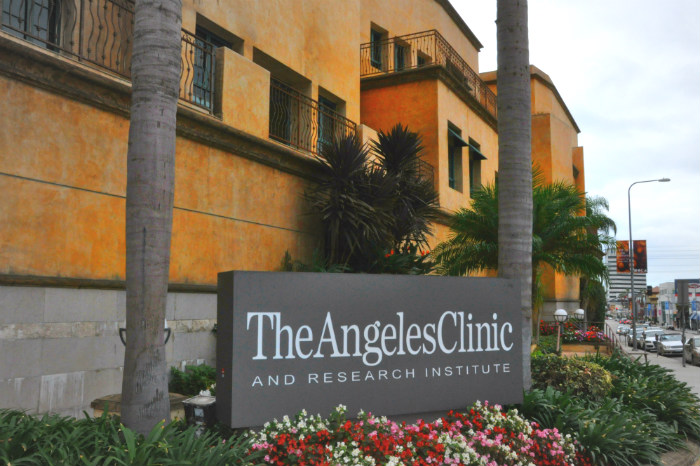Colorectal cancer (CRC) exemplifies the steady progress we’ve made in cancer prevention and treatment, writes Dr Samuel Klempner, director of precision medicine at The Angeles Clinic & Research Institute, in the first of three oncology-themed Expert View pieces being published around this year's ASCO Annual Meeting.
Screening, advances in laparoscopic surgery and the development of targeted therapies have helped reduce CRC mortality by more than half since the 1970s1. Beginning in the 1990s, the discovery that microsatellite instability (MSI) impacts response and benefit from cytotoxic treatments has led to reduced toxicity and costs. However, recent dramatic steps forward have been less frequent, and more work is needed to match patients to treatments, the ultimate goal of the precision medicine paradigm.
Looking beyond MSI:
MSI assessment has proven enormously helpful in identifying patients likely to respond to chemotherapy, and more recently immunotherapy2,3,4. However, in advanced CRC, MSI represents only 3 to 5% of patients, limiting the number of people who may benefit from the immunotherapy response association5,6,7.
Current work suggests that other markers may extend our predictive capability. For example, recent reports identified a POLE mutation in metastatic CRC that may predict response to PD-1 checkpoint inhibitor therapy even in MSI-stable (MSS) patients8. Amplification in PD-L1 and/or PD-L2 encoding genes may identify another subset of immuno-responsive CRC9. In addition, tumor mutational burden (TMB) – a quantitative measure of the number of mutations in a tumor – may be able to expand the population of CRC patients who have the potential to benefit from checkpoint inhibitors and novel combinatorial approaches beyond using MSI status alone10.
Learning more with comprehensive genomic profiling:
Comprehensive genomic profiling (CGP) has accelerated the discovery of predictive and prognostic genomic biomarkers. By probing hundreds of genes in a single assay, we can obtain as much information as possible about potential drivers of disease, resistance mutations and predictive markers. For example, CGP has allowed us to characterize rare subtypes of CRC, such as those with ALK or RET fusions, and ERBB2 alterations14,15,16. These findings not only shed light on the genomic diversity of CRC, but hold therapeutic significance as they represent molecular subsets of patients who may benefit from existing treatments.
Precision medicine is an iterative process, and relies just as much on detecting resistance mutations as it does on identifying therapeutic targets. CGP can simultaneously identify mutations associated with lack of benefit from anti-EGFR therapy: broad spectrum KRAS mutations that may be missed by hotspot testing, RTK point mutations, and alterations in downstream effectors such as PI3K and MEK1 have been described17. Sparing patients, a therapy that is unlikely to provide benefit has the potential to reduce both physical and financial toxicities from therapy and is an important goal of precision medicine.
Looking ahead for CRC:
The ability for one assay to assess hundreds of genes, as well as TMB, provides important advantages in the clinic, and through future testing, including circulating tumor DNA (ctDNA) assays, we expect to gain further insights into genomic evolution under the pressure of therapies.
Liquid biopsy may serve as a non-invasive method for early detection, or to monitor changes in disease over time. For example, the presence of ctDNA in the blood has been linked to a greater likelihood of relapse in stage 2 colon cancer patients18. In addition, many CRC patients will eventually develop resistance to treatment19; liquid biopsy may allow a consistent yet non-invasive method of monitoring the emergence of the underlying acquired mutations and tumoral heterogeneity particularly in KRAS and BRAF-mutant CRC20,21,22.
The ability to detect the emergence of resistant populations prior to radiographic disease progression holds the promise of earlier therapeutic interventions that may improve overall patient outcomes. Important clinical trials are needed to definitively answer many of these interesting questions.
The complexity of cancer guarantees that no single biomarker will give us every piece of information we need. With continued research into the genomic alterations that characterize CRC, we can identify additional accurate and predictive biomarkers to further stratify patients. These discoveries will help us navigate the challenges of CRC and continue to propel precision medicine forward.
By Dr. Dr Samuel Klempner
If this post was useful for you or your loves ones please share it, it may be a chance for someone out there.
Fuente: www.thepharmaletter.com
